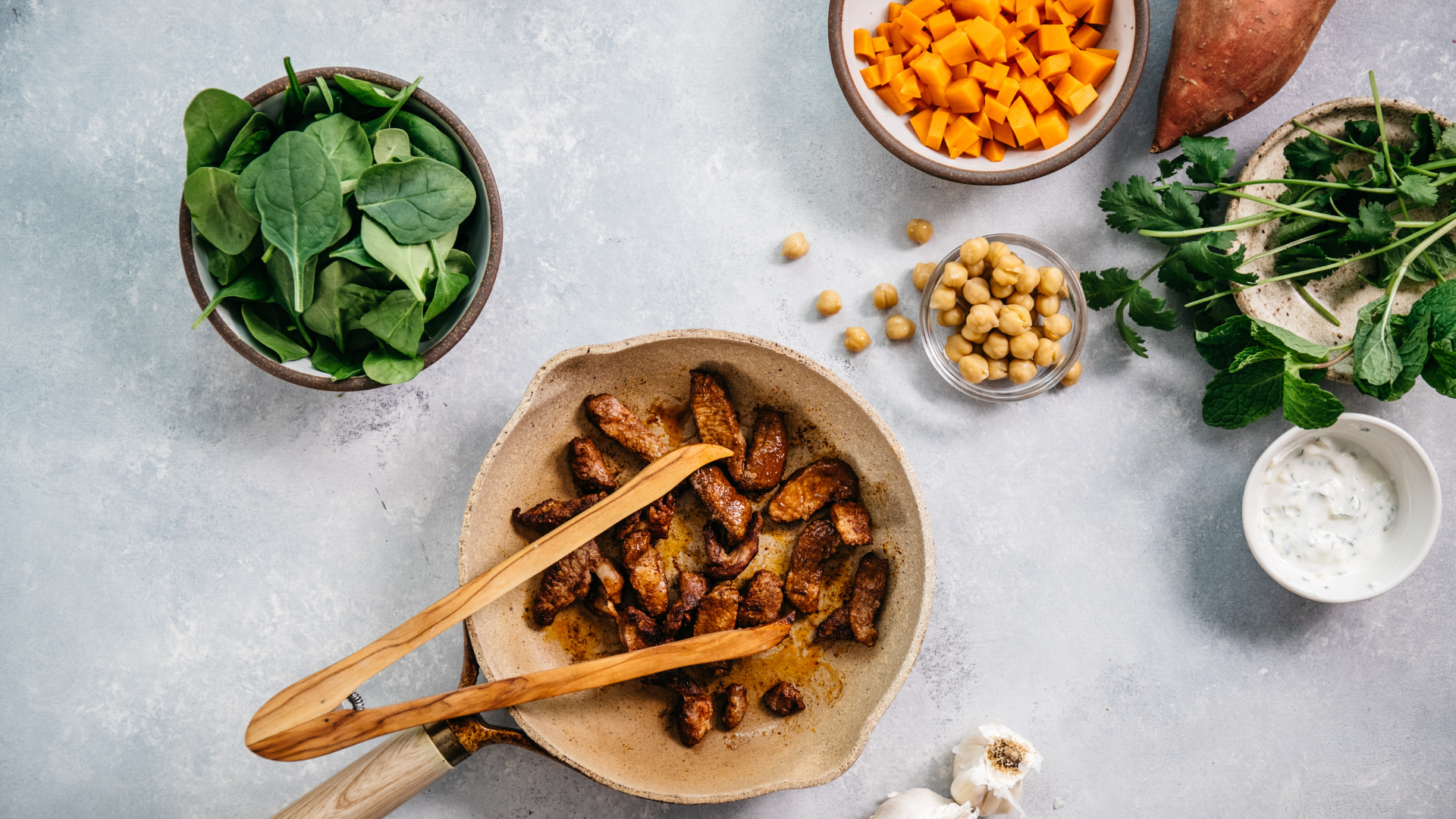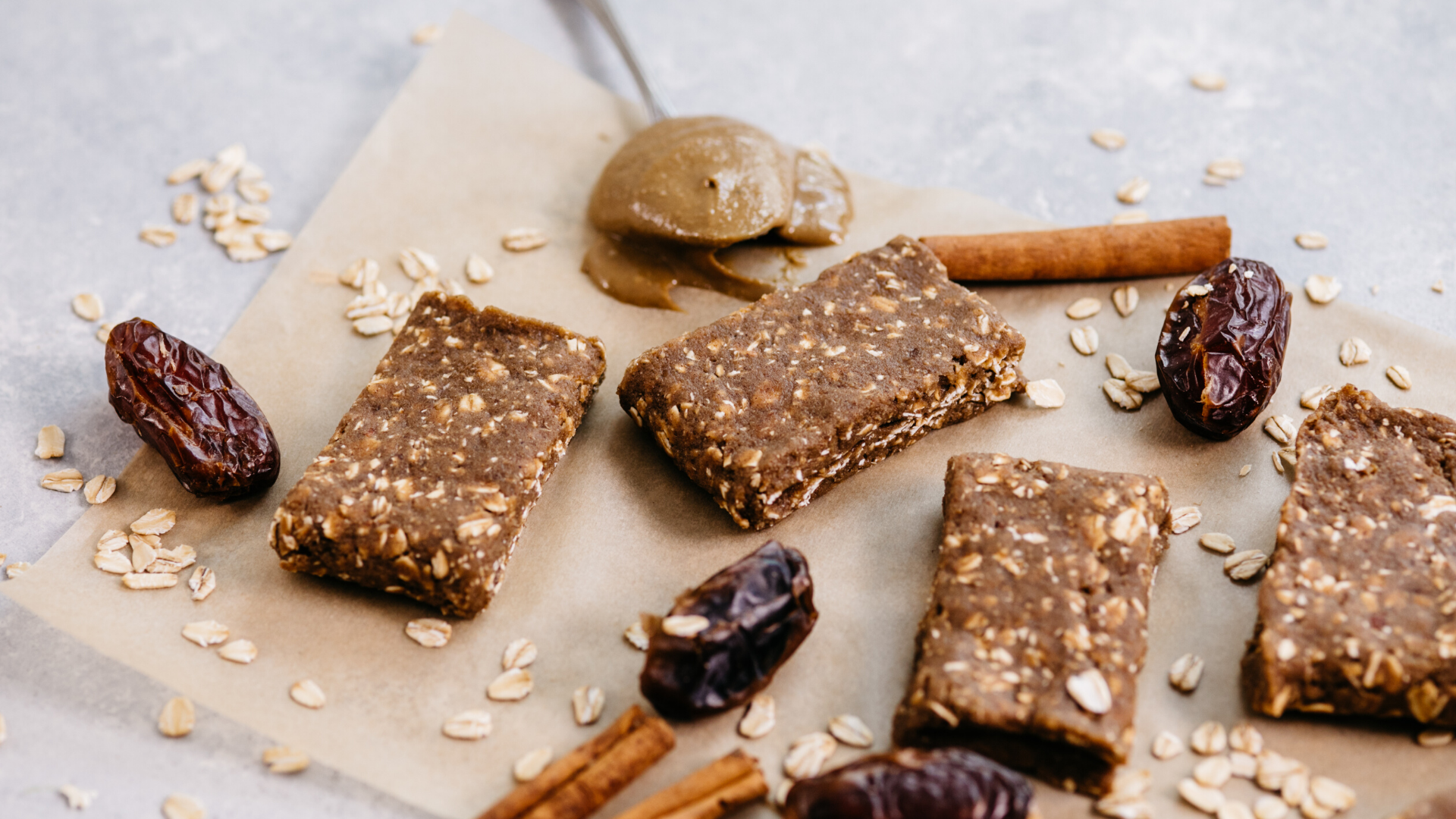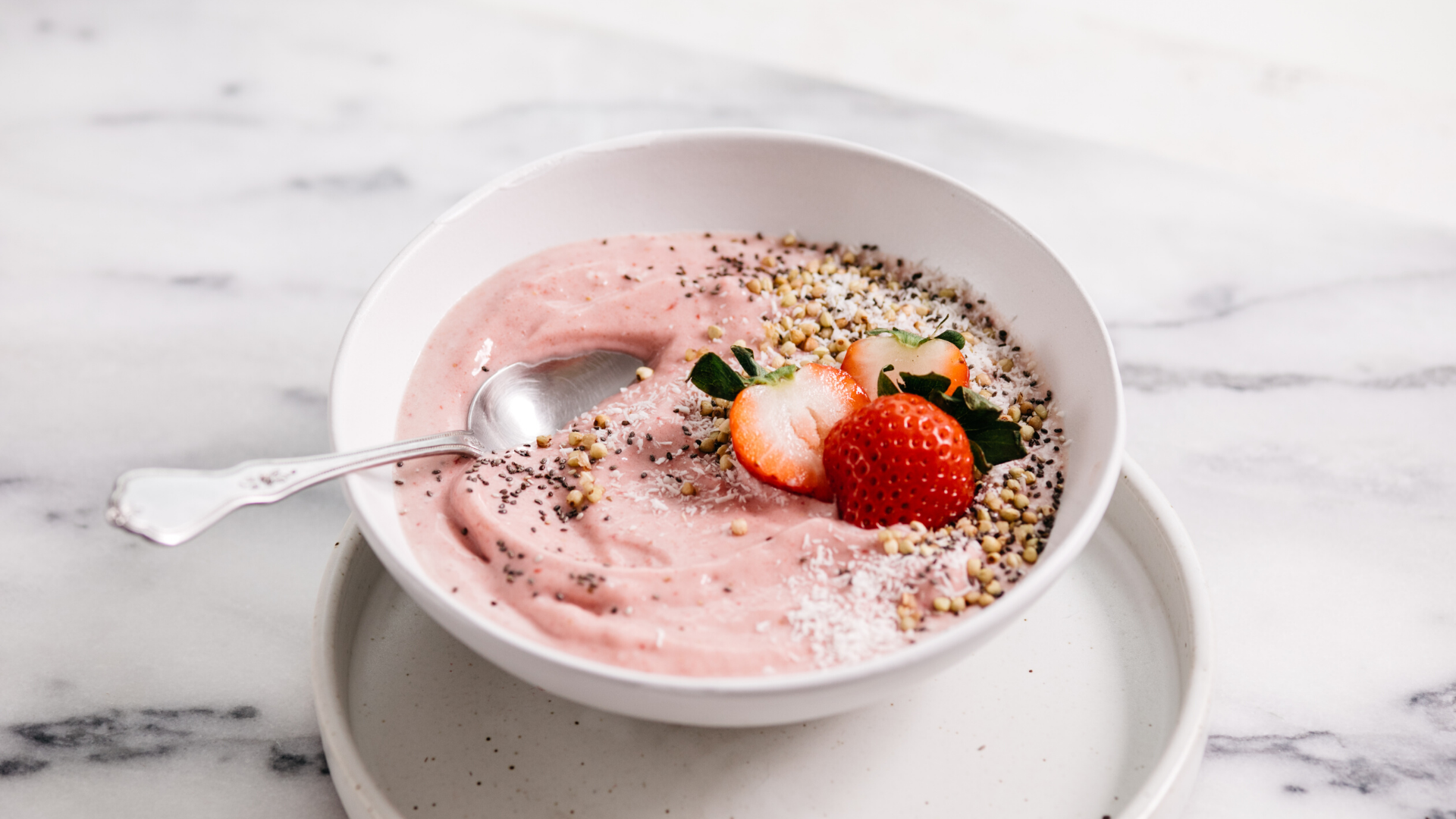All About Challenge Meals Pt. 1: Cook-At-Home

We know that long-term results do not happen overnight. It’s not just about how hard we work during each F45 session—it’s about how we prioritize our health outside of training, too. Our lifestyle choices play a significant factor in our ability to recover, the amount of energy we have going into a workout, our focus, and our training intensity. Having a consistent, quality effort during each session is important for progress; however, lifestyle factors like nutrition, sleep, and recovery all play an integral role as well.
Not a Diet
Our food choices can either positively impact our training adaptations or deter our progress. Not all food is created equally, and we need to incorporate nutrient-dense food to fuel our body. Not only will this improve our energy and intensity within each workout, but will make it easier to avoid plateaus and see long-term progress. Our F45 Cook-At-Home meal plans do not restrict macronutrients nor require any specific type of dieting. Instead, we encourage Challengers to regularly consume quality foods that will benefit training adaptations.
Three Meal Plan Options
Challenge recipes include full macronutrient breakdowns, and meal plans are set at a calorie baseline of 1,300 for females and 1,900 for males. Depending on your recommended total daily caloric intake, you can individualize the plan to best fit your Challenge goal (as highlighted below). There are five meals each day, including breakfast, lunch, dinner, and two healthy snacks. The three plan options include:
Mainstream: A macro-balanced meal plan that includes a healthy portion of complex carbohydrates, fats, and lean protein, such as grass-fed beef, salmon, white fish, chicken, and turkey.
Mainstream breakfast recipes range from healthy bowls—such as the Chia Peanut Butter Bowl and Chocolate Peanut Butter Porridge—to protein-rich egg recipes, including the Zucchini and Avocado Omelette and Turkish Scrambled Eggs. Mainstream lunch options are quick and easy to prepare, including recipes like the flavorful Thai Roast Pumpkin and Sweet Potato Soup or the Grilled Chicken, Kale, and Red Quinoa. Dinner recipes include a number of healthy options, such as the Teriyaki Salmon with Sweet Potato and Broccoli and the Black Bean Beef, Broccoli, Carrot, and Brown Rice.

Vegetarian: For non-meat eaters, the vegetarian meal plan incorporates a variety of lean proteins, such as legumes, tofu, tempeh, eggs, nuts and seeds.

Vegan: A plant-based meal plan that incorporates a variety of fats and proteins from plant-based sources and fiber-rich whole grains.
Additionally, hydration is an essential part of our F45 nutrition program. Stay clear of soda pop, diet sodas, and all forms of fruit juice with added sugar. On average, we recommend aiming for 2-3L of water per day.

*Note: These three meal plan options are available for ordering meals or cooking at home. Please refer to the article ‘All About Challenge Meals Pt.2: Order Meals’ for more information about F45 meal delivery.
Individualized Meal Planning
The best part about Challenge meal plans is that you can individualize them to your starting body composition by using our Challenge tracking system on our website or iOS/Android app. We recommend using the tracker to determine both your basal metabolic rate and total daily calorie intake. From here, you can interchange recipes to your base meal plan that best fit your recommended total daily caloric intake. For more information regarding how to calculate your BMR and total daily caloric intake, refer to the article ‘Adjust Your Calorie Intake Based On Your Workout Regime.’
Recommended daily calorie intake per goal:
- Lose body fat: -500 calories from calculated total daily caloric intake
- Gain muscle: +500 calories from calculated total daily caloric intake
Use the Calorie Guide to Adjust Recipes and Meal Plans
The F45 Calorie Guide allows you to swap food items within the recipes if needed. The guide provides the average quantity of everyday food items and their caloric contribution for carbs, fats, and protein. This is a great resource for those who may need to consider food allergies or dietary restrictions like gluten-free, dairy-free, or pescatarian.
Tips to Optimize Cook-At-Home Meals
At the beginning of each week, you’ll have access to all of your weekly recipes. We recommend reviewing your meals to see if you need to make any modifications to the recipes or meal plans. If you do add ingredients or meals to a plan, then you will also need to update your personal grocery list.
